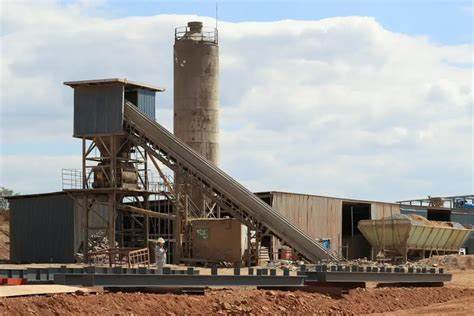HARARE – Zimbabwe’s poor infrastructure and policy inconsistencies are worsening the impact of depressed lithium prices on producers of the material mainly used in battery technologies, a Zimbabwean unit of China’s Sinomine Resource Group (002738.SZ), said.
Africa’s top producer of lithium has attracted over $1 billion investment from Sinomine and its Chinese peers such as Zhejiang Huayou Cobalt (603799.SS), and Chengxin Lithium Group (002240.SZ), since 2021 as China sought to maintain its grip on critical metals.
However, lithium prices have fallen sharply from their 2022 peak as a wave of new supply has overwhelmed weaker than expected demand for electric vehicle batteries.
The price slump “is making it difficult for lithium companies to stay afloat, with most mining entities downscaling production” and laying off workers, Sinomine unit Bikita Minerals told visiting lawmakers, according to a presentation seen by Reuters on Tuesday.
“The lithium mines continue to operate in an environment with risks which include fragile power supply, capital constraints and foreign currency shortfalls,” the company said.
There was also lack of “clear and consistent policies on licensing, taxation and export regulations”, it said.
Bikita Minerals added that Zimbabwe’s foreign currency regulation requiring exporters to trade 25% of their hard currency earnings for a rapidly weakening local unit called the ZiG was resulting in loss of value.
“Lack of basic infrastructure, such as roads, transportation, power and water supply in lithium-rich regions is hindering exploration and extraction of lithium reserves, significantly influencing production costs,” it said.
The government could help lithium miners by introducing tax breaks and lower royalties, the company said.
Both the mines and finance ministries were not immediately available to comment.
















